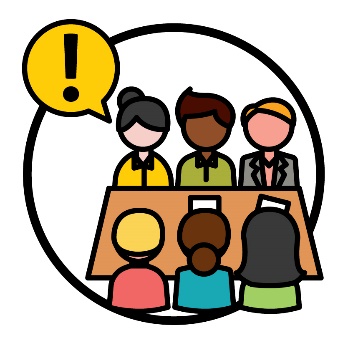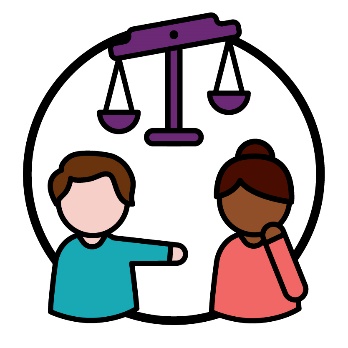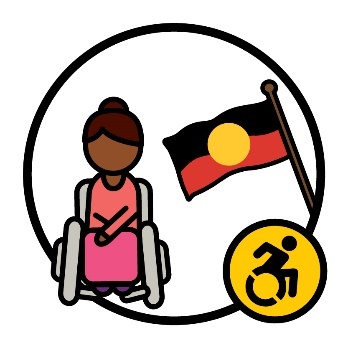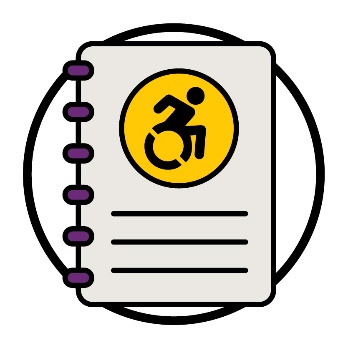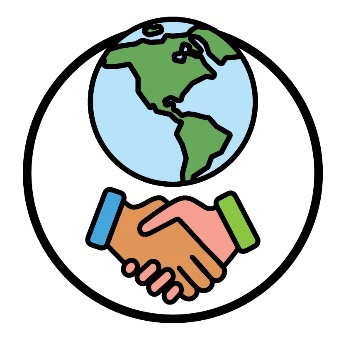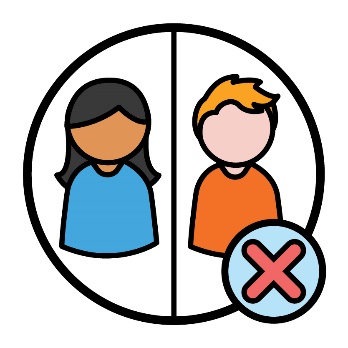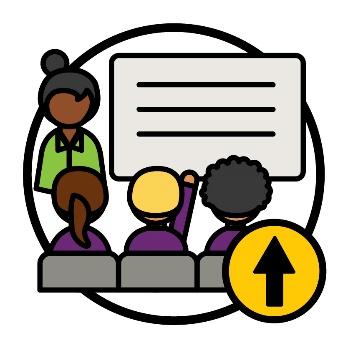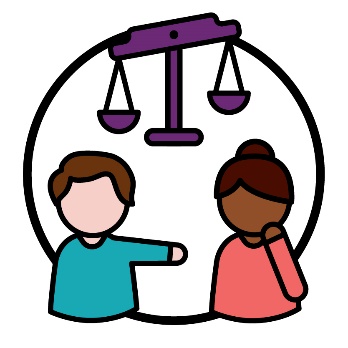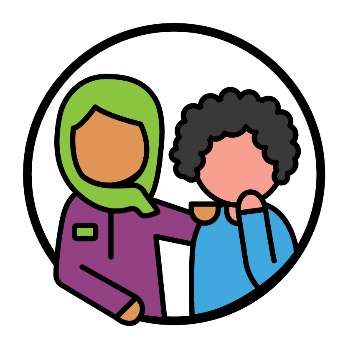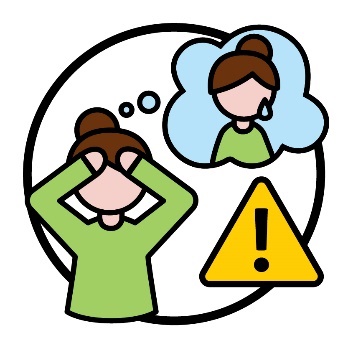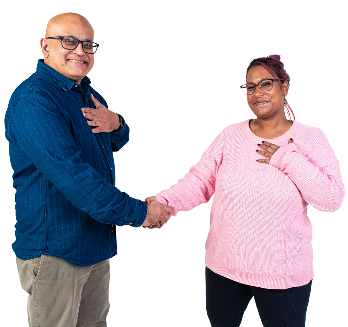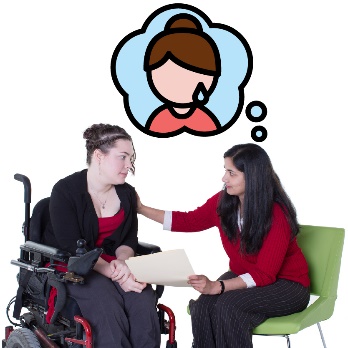Intersectionality and trauma
|
|
Reference Group members talked about how important it is for the IAC’s work to focus on intersectionality. |
|
|
A person might treat someone unfairly because of more than one thing about who they are. We call this intersectionality. |
|
|
For example, a person might treat someone unfairly because they:
and
|
|
|
Members shared that the IAC’s work should support the UN Convention on the Rights of Persons with Disabilities (CRPD). |
|
|
The CRPD is an agreement between countries. It explains how everyone should treat people with disability fairly. |
|
|
Members explained it’s important to not separate people from each other. |
|
|
Members also explain that the IAC Members and NDIA workers should get more training. |
This includes training on: |
|
|
|
|
|
|
|
|
|
Trauma is the way you feel about something bad that happened to you. For example, you might feel scared or stressed. Trauma can affect you for a long time. |
Members said the NDIA should always: |
|
|
|
|
|
|
|
